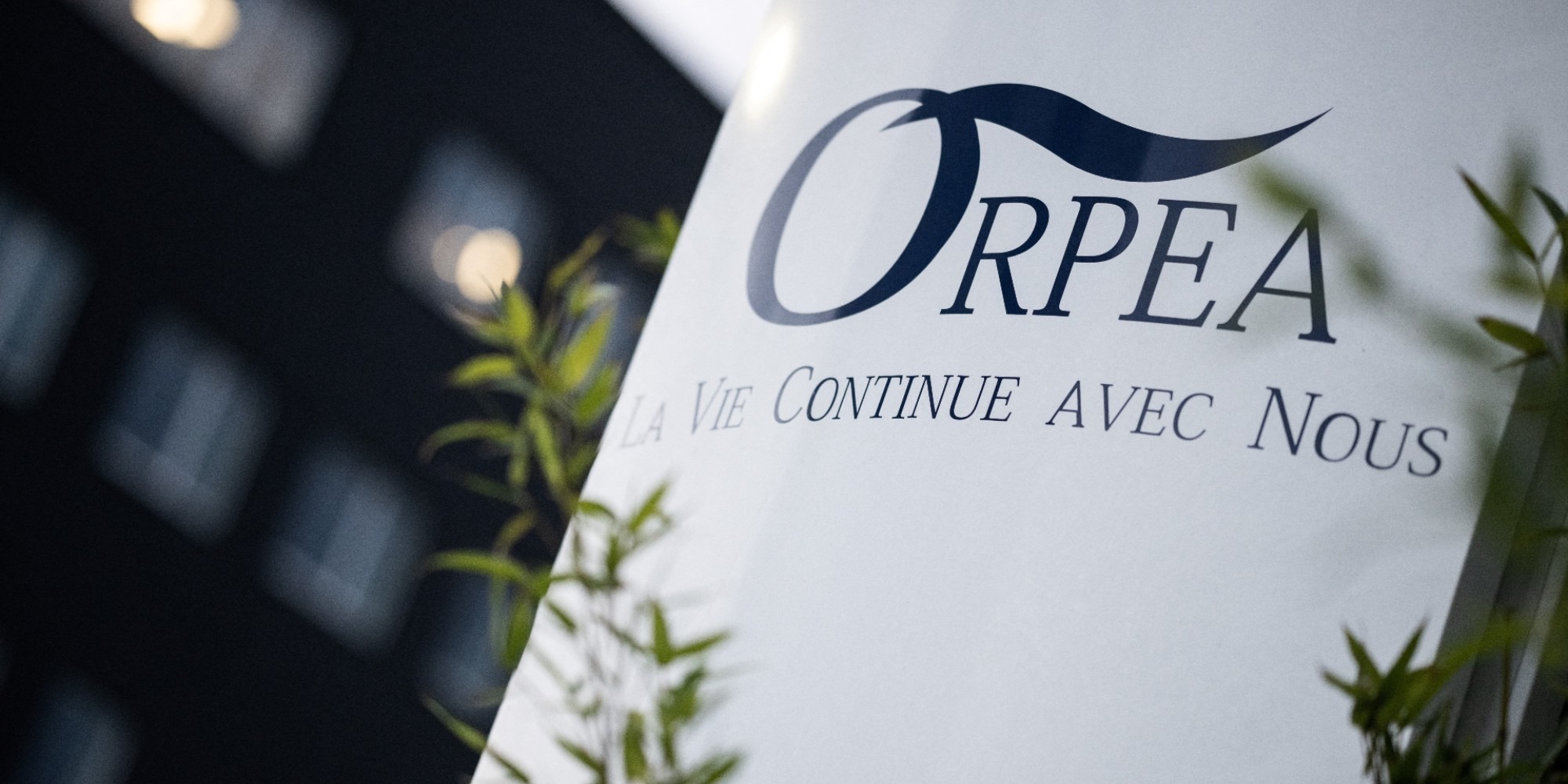Europe 1 with AFP 10:34 a.m., January 19, 2024
Salary increases and staff recruitment: two years after the revelations about the practices of its former management, Orpea wants a makeover.
The unions welcome progress, but denounce still difficult working conditions, as elsewhere in this sector.
The new management responsible for leading Orpea's transformation plan has promised to make teams its "first priority" in order to strengthen the quality of care for residents and "restore confidence" in the group of private nursing homes, including he image has been seriously damaged by the revelations in the book “The Gravediggers”.
Published in January 2022, this investigation by journalist Victor Castanet denounced mistreatment of residents, shortcomings in staff management and misuse of public funds.
Since then, the group and former leaders have been the subject of legal proceedings.
Social dialogue re-established according to the group
Orpea, which employs 76,000 employees including 28,000 in France, says it has initially reestablished social dialogue, which previously did not exist.
“We can discuss with regional and national management, have different opinions, all subjects are discussed”, from working conditions to risk prevention, confirms Laurent Duchemin, UNSA Orpea union delegate, to AFP.
>> READ ALSO
-
“If she was in a nursing home, she would already be dead”: these French people who house their dependent parents
This re-establishment of dialogue made it possible to reach a social agreement last summer providing for measures in favor of employees, a first in 15 years.
Increase of 3 to 7% in salaries, gradual introduction of the payment of a 13th month, provision of restaurant vouchers, new mutual insurance: "it was necessary to revalue the professions", underlines Laurent Guillot, general director of the group which manages 350 establishments in France, arrived after the scandal.
An understaffed company
All the unions interviewed by AFP welcome these social advances.
However, they denounce a daily life that is still difficult for employees, due to the lack of staff.
“The working conditions are not optimal, a lot of temporary workers were used this summer to relieve the teams but we cannot only work with temporary workers” who must be systematically trained, comments to the AFP Véronique Ligout, CFDT Orpea union representative.
The group certainly has “the desire to recruit but there is a shortage of caregivers everywhere”.
>> Find all the newspapers from the Europe 1 editorial team in replay and podcast here
In addition to nursing homes, structures dedicated to disabled people and hospitals are experiencing a glaring lack of caregivers and are struggling to recruit.
Orpea says it has hired 600 permanent workers per month since September.
The rate of employees on permanent contracts increased by 5 points to 85%.
And the group intends to “retain” its employees by investing in continuing training and internal promotion.
“There is recruitment, but there are also people who leave due to understaffed working conditions,” observes Moïse Audiau, FO union representative in Orpea, to AFP.
A caregiver, he works at night in an establishment in Nantes: "we often find ourselves in threes instead of four, which means we can't take our breaks, it's tiring."
“We must attack the base, that is to say the attractiveness of the salary”
To remedy the problem of lack of personnel, "we must attack the base, that is to say the attractiveness of the salary, something which will make you want to stay", a union delegate told AFP CGT Orpea, who wishes to remain anonymous.
“Now that the Caisse des Dépôts has acquired a stake in Orpea, we must provide the means so that employees can advance and continue their nursing profession in good conditions,” she insists.
In financial difficulties, Orpea came under the control of a group led by the Caisse des Dépôts, the financial arm of the State, in December as part of a procedure which should enable it to regain financial balance.
Orpea wants to change its name
This operation should enable the group, present in around twenty countries, to “continue and accelerate” its transformation, specified its general director.
Orpea, which plans to change its name to mark a break with the past, plans to continue working on issues related to human resources.
For Françoise Gobled, vice-president of the National Federation of Associations and Friends of the Elderly, "Orpea is now trying to operate like traditional nursing homes. But they face the same difficulties as the others."

